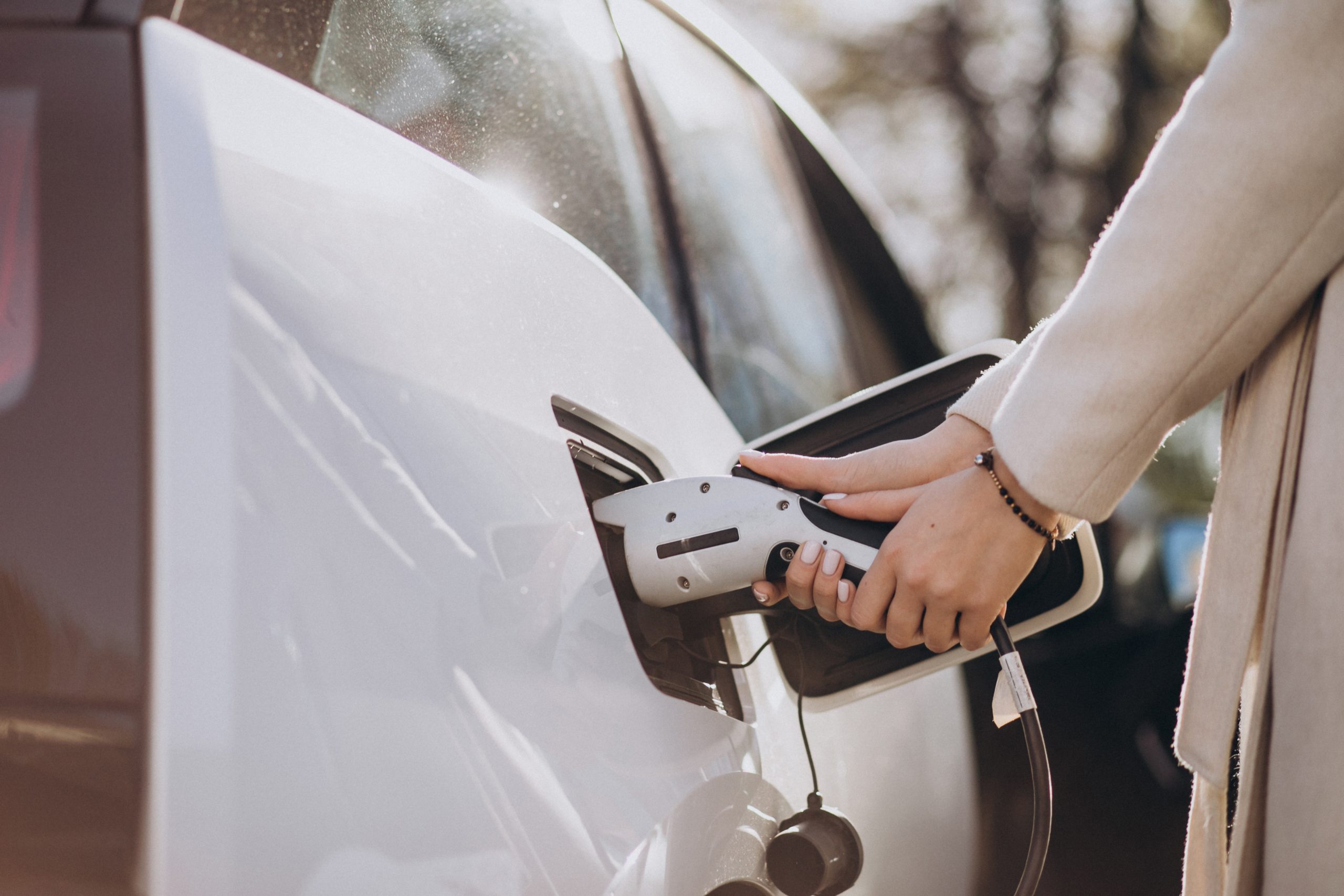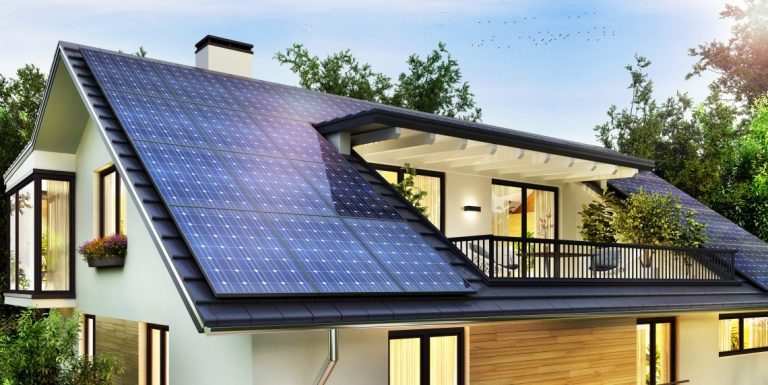Electric vehicles, also known as EV’s, have dominated the vehicle market for the past few years in terms of new releases, and are growing in popularity as both an eco-friendly and a most cost-effective alternative to petrol and diesel cars and vehicles.
The main drawback of EV’s is the lack of charging points and the short battery life. Thankfully, both of these are being addressed and improved at a rapid pace. With the integration of more charge points in public spaces, service stations, and more, it seems as though the EV momentum is only going to continue growing.
In this blog, we’re focusing on EV charge points from a homeowners’ perspective – how and where to install them, how much they cost to run, and tips on how to maximise their value. And to make this super easy for homeowners like you to follow, we’re structuring this blog in such a way that answers the most common questions we get asked here at TN Design & Build.
What are the different types of chargers available?
For electric vehicle owners, there are a number of ways that you can charge your car – ranging from the painfully slow process using a standard 3-pin plug, all the way up to an automated charger that can be programmed to charge your car at the cheapest time of day when the tariff is at its lowest.
These options are:
· Standard plug charger, super slow and not a good use of time or energy
· A 3.6kW wall unit charger which is marginally more efficient than a standard plug point
· A 7kW charger that works twice as fast as a standard wall plug
· A 22kW charger that operates even more quickly but which requires specific electrical requirements in your property in order to work – creating the need for surveys prior to installation
There are also 43kW chargers available in some public spaces including service stations and supermarkets, which can charge an EV in record time (for a price). It is important to note that these are only compatible with rapid-charge EV’s and will not work on some vehicles.
It’s also important for homeowners to note that the best charge point for them will depend on everything from the type of EV that they are looking to charge, to the efficiency with which they need their car to charge – and that the faster the charger the more expensive it is to install.
How much does an EV cost to charge?
On average the cost to charge a car through a private charge point is much cheaper at home than it is on the go, with homeowners paying the cost price while those in public spaces will charge for the convenience and tack on their own uptick in cost to make a profit.
And let’s be honest, any electric charge point must be cheaper than the rising cost of petrol and diesel – making EV’s a long-term investment into cheaper transportation.
How much is an at-home charger?
Before March 2022 there were government grants which were designed to make home charge point installation more cost-efficient for EV owners and to encourage more people to switch to electric vehicles. However, these grants have now been scrapped – meaning that the onus is on homeowners to pay for their own charge points.
Having said that, the benefits of these charge points outweigh and balance the cost in the long run – with many choosing to rent out their charge points via a number of apps and other online platforms which seek to make the process a better investment for homeowners.
The installation process for an EV charger
There are a number of different types of EV chargers which are compatible with different models of vehicles. As a result, many EV owners carry portable chargers around with them which can be plugged into their vehicle and into a public charge point – rather than relying on finding a charge point that is available, which is working, and which has a compatible connection to their vehicle.
The connections available include a standard UK 3-pin plug and a series of other plugs which are all compatible with different vehicles and power ratings. The Type 2 plug is fast becoming the industry standard across Europe, with most homeowners encouraged to opt for at least a Type 2 portable adaptor if not a specific Type 2 charge point in their home.
Once you know which charge point you want for your property or home, the installation company (for example EDF Energy) will confirm that you have dedicated off-street parking and are looking to install a charge point on your own private space or land, before proceeding. Once live, your charging pod will be added to the online network which connects all charging points across the UK – giving you access to information and resources to maximise the use of your EV and to help you find public charge points that are within budget, compatible with your vehicle, and more.
Will the electric charge point be well hidden on my property?
Most charge points are situated to the side of your off-street parking spot and are designed to present a modern aesthetic that integrates well into the surroundings. Don’t worry, these charge points are not designed to be eyesores and will not ruin the aesthetic of your home.
To learn more about EV charge points at home, how to get a charger installed, and how best to integrate the charger into your home layout and design, reach out to TN Electrical for a consultation. We’re always happy to help!


